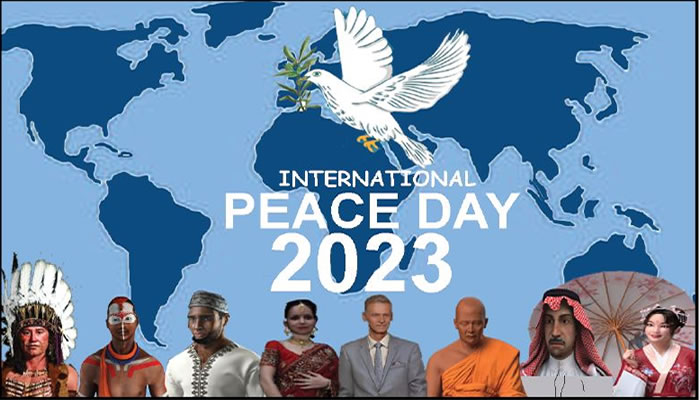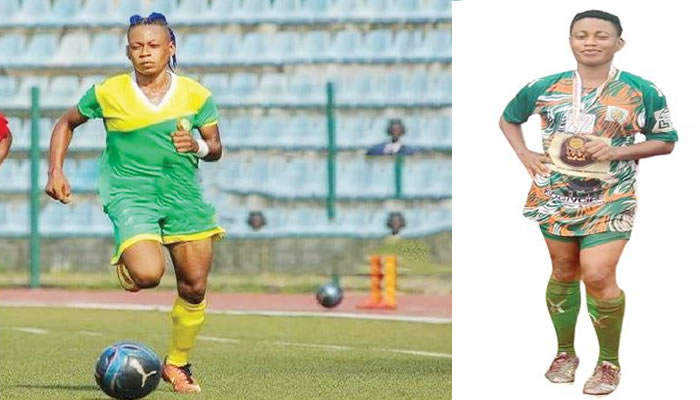By Daniel Edu
Violence in various forms, from domestic violence to violence against women, children, and vulnerable groups, continues to plague societies worldwide. This violence includes physical and emotional abuse, gunfights, religious and political conflicts, and online crimes facilitated by technology.
Statistics from the National Coalition Against Domestic Violence in the United States indicate that more than 10 million women and men suffer physical abuse by intimate partners annually. Hotlines for domestic violence receive over 20,000 daily calls, and domestic victimization correlates with higher rates of depression and suicidal behavior.
Advancements in technology have made it easier to commit violence and crimes online, often evading quick detection by law enforcement agencies. Online violence encompasses various acts of harm inflicted on oneself or others using the internet, digital devices, and platforms.
The European Union’s law enforcement agency, EUROPOL, highlights technology’s crucial role in modern criminal activities. Organized crime groups increasingly rely on technology, especially the internet, to commit crimes and enable criminal activities across various domains.
Nigeria has experienced its share of conflicts, spanning from pre-colonial wars to contemporary ethno-religious conflicts, farmer-herder clashes, terrorism, ritual killings, violence against vulnerable groups, and technology-assisted crimes like sextortion.
These conflicts are fueled by factors such as reduced economic opportunities, high levels of poverty, low community participation, and transiency, according to the Centre for Disease Control and Prevention. Over the past decade, Nigeria has witnessed significant loss of life due to insecurity, exacerbating poverty, displacement, property destruction, and senseless killings.
In the Global Peace Index, Nigeria consistently ranks low, reflecting ongoing domestic and international conflicts, as well as societal safety and security issues. The economic cost of violence in Nigeria is estimated at $100 billion, equivalent to nine percent of the country’s GDP.
To promote peace, the United Nations General Assembly has designated September 21 as the International Day of Peace, with this year’s theme being “Actions for Peace: Our Ambition for the #Global Goals.”
Experts emphasize the need for Nigeria to address the root causes of conflicts and work toward peace, beyond the usual ceremonies and speeches. They highlight that conflict arises from identity crises, exacerbated by poor governance, poverty, and a lack of pro-poor policies.
To restore peace, experts advocate for equitable distribution of national resources, poverty eradication initiatives, access to education, and just compensation for those affected by conflict. They stress the importance of pro-poor policies to bridge the gap between poverty and conflict and underscore the need for policies that benefit all citizens rather than just the elite. Additionally, there is a call for policies to support the resettlement and restitution of those affected by attacks and violence.
In summary, experts argue that addressing poverty and implementing pro-poor policies, along with equitable resource distribution, are essential steps toward resolving conflicts and promoting peace in Nigeria.





